By Musa Simon Reef
Kaduna State Government under Malam Nasir Ahmad el-Rufai is presently engulfed in a loan request controversy of $350 million (N122.5 billion) from the World Bank loan. Recently, a group of women poured into the streets of Kaduna calling on divine powers against those opposed to the loan request by the state government.
Prominent among those seen as enemies of the loan request is Senator Shehu Sani, the man who is so hated by those who claim to love el-Rufai. As Chairman of the Senate Committee on Local and Foreign Loans, the former social activist cannot be ignored if the request is to be approved by the upper chamber of the National Assembly. In the fireworks to justify positions of both sides, the waters of politics have been mixed with the oil of ambition. While el-Rufai is being accused by his opponent of attempting to source campaign funds to secure a comeback bid; one of his political rivals for the 2019 governorship poll, Sen Sani, is alleged to be denying him the opportunity of possessing fiery financial arsenal ahead of the poll. The state government has found it expedient not to divulge the specifics of projects to be executed from the loan, just as the anti-loan group insists that the devil is contained in the details. As the pendulum swings against the el-Rufai government on the matter, its case is not helped as the government seems to be overwhelmed by mounting opposition from various quarters.
When El-Rufai was sworn on May 29, 2015 as governor of the state, he left no one in doubt on the pitiable financial distress in Kaduna State, made possible by recklessness of past administrations. He did not only vow to turn things around for the state, but also gave hope to every citizen of the state that at last, someone courageous enough is out to ‘Make Kaduna State Great Again.’
Riding on the crest of popular expectations that were dubbed unequalled in the history of the state, the former Minister of the Federal Capital Territory (FCT) told the mammoth crowd that witnessed his inauguration on May 29, 2015: “Our finances are a shambles. Kaduna is the second most indebted state in our country. Our state is staggering under the weight of billions of naira in debt and other liabilities. As we all know, merely by walking the streets or seeing our neighbors every day, the state of our state is abysmal. Our schools and hospitals, our roads and bridges, our villages, towns and cities, all are markers of backwardness. Too many of our children are hungry and in rags and in the street.”
Nearly two-and-half years since he became governor, not many are convinced that el-Rufai is near fulfilling his electoral promises. Apart from embarking on an unpopular school feeding programme that gulped N10 billion in eight months, no fewer than 25, 000 beleaguered primary school teachers slated for sack are sleeping with one eye open in fear of an uncertain future. Workers in local councils are also not left out under the clouds of frightening uncertainties, as no fewer than 5,000 of them may join the unemployment market soon. Added to those who are to be sacked from their sources of livelihood; more than recently sacked 4,000 monarchs are still leaking their wounds in the dark, awaiting the return to power of the Peoples Democratic Party (PDP) in 2019 to restore them to their royal thrones. Poverty and frustration have continued to be the face of a state that once served as the guiding light of hope and excellence for the defunct Northern region.
According to the Debt Management Office (DMO), Kaduna State is under the piercing weight of $225.8 million foreign loans. This debt profile represents 6.16 per cent of the sub-national foreign debts. Against the backdrop of this debt profile, not a few kicked against the current plan by the government to secure a whopping sum of $350 million loan. If the loan request is approved by the National Assembly, the debt profile is set to hit $575.8 billion. Many are of the opinion that the state cannot survive such a debt burden.
Many are asking what has changed from May 29, 2015 when el-Rufai decried the debt profile of the state to warrant yet another debt. How did such a request scale through the Kaduna State House of Assembly without a public hearing session in order to carry the electorate along? Why are the people who should bear the brunt of paying the debt in the next 50 years sidelined? What are the details of projects to be executed from the loan if eventually granted? Why seek for such a loan when it’s just about a year to general elections? All these and other questions indicate that the government is hiding something from the public.
From the website of the Kaduna State Ministry of Budget and Economic Planning, the state government reports, “The World Bank has since approved a loan facility of $350 million to be used for improving healthcare, education sector & infrastructure. The Kaduna State Government is still awaiting the passage of the request which the State’s team has since submitted to the Senate. The loan has a moratorium of 10 years and 50 years repayment period at 0.5% interest rate. Kaduna State submitted the request through the Federal Government but the state’s team made a presentation showing that the loan request is tied to specifics.”
Despite the hues and cries of the opposition in calling for details and specifics on projects to be executed from the loan, the government has remained incommunicado on details. All the people are told is that the loan is for salvaging education, health and infrastructure. In another instance, people are told that the loan is for institutional reforms. All these terms, nebulous as they seem, according to critics, could be used to refer to some invisible projects that could serve as conduit pipes in siphoning the loan if approved.
As various commentators on the matter have asked, “Was the 2018 Budget predicated on the $350 million loan? If so, what happens to the Internally Generated Revenue (IGR) and the monthly FAAC revenues from the Federal Government?
Considering the fireworks that have trailed the loan request, falsehood and deliberate suppression of facts have characterised government’s response, with little or no prospects for approval by the Federal lawmakers. For such a humongous loan that is to be paid in 50 years, the exclusion of the people in decision-making process is not only undemocratic but also condemnable.
After reading an article in support of the loan request by Rep Samaila Suleiman, who represents Kaduna North Federal Constituency in the House of Representatives, I made efforts to reach out to some Kaduna federal lawmakers in the National Assembly. The truth of the matter is that, apart from one or two persons in NASS, the loan request does not enjoy the support of many members of NASS from Kaduna state. Apart from the wrong timing of the request and the many battle fronts opened by the governor ahead of 2019 polls, his quest for such a loan can only wait for now until he scales through the hurdle of 2019 polls. With all the three senators from Kaduna state opposed to the loan, el-Rufai’s $350 million may have arrived the National Assembly ‘Dead On Arrival’ (DOA). Any form of pressure on NASS members to approve the loan can only amount to pushing the camel through the eye of the needle. Time and chance have conspired to work against this loan request. It now behooves on the state government to work within its revenue profile and stop chasing a fleeting mirage in the name of $350 million loan request.
Musa Simon Reef is editor-in-chief of Forefront and can be reached via: simonreef927@gmail.com



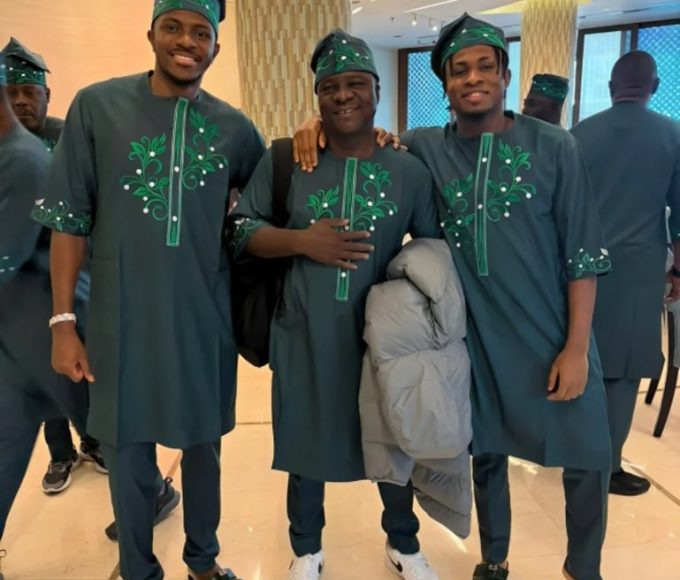




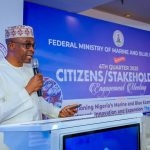
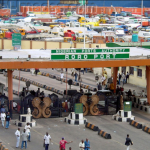
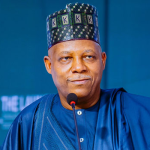
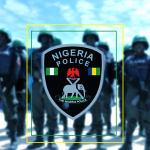
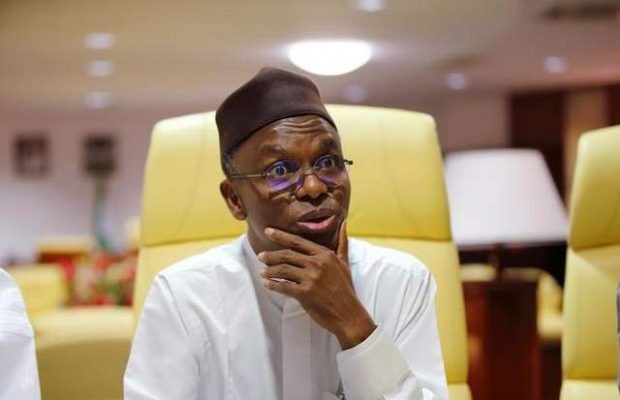
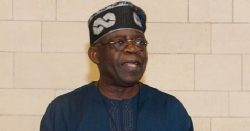
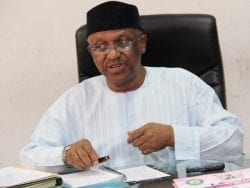
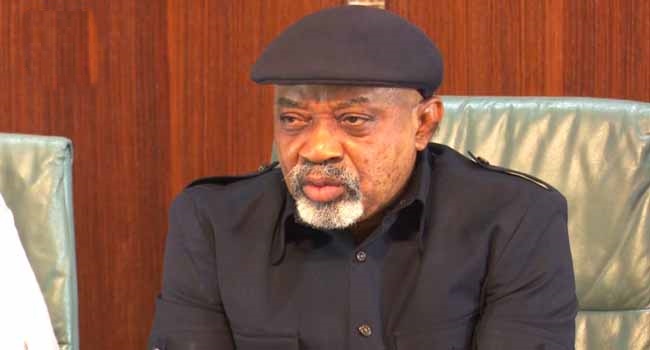


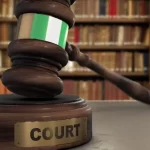
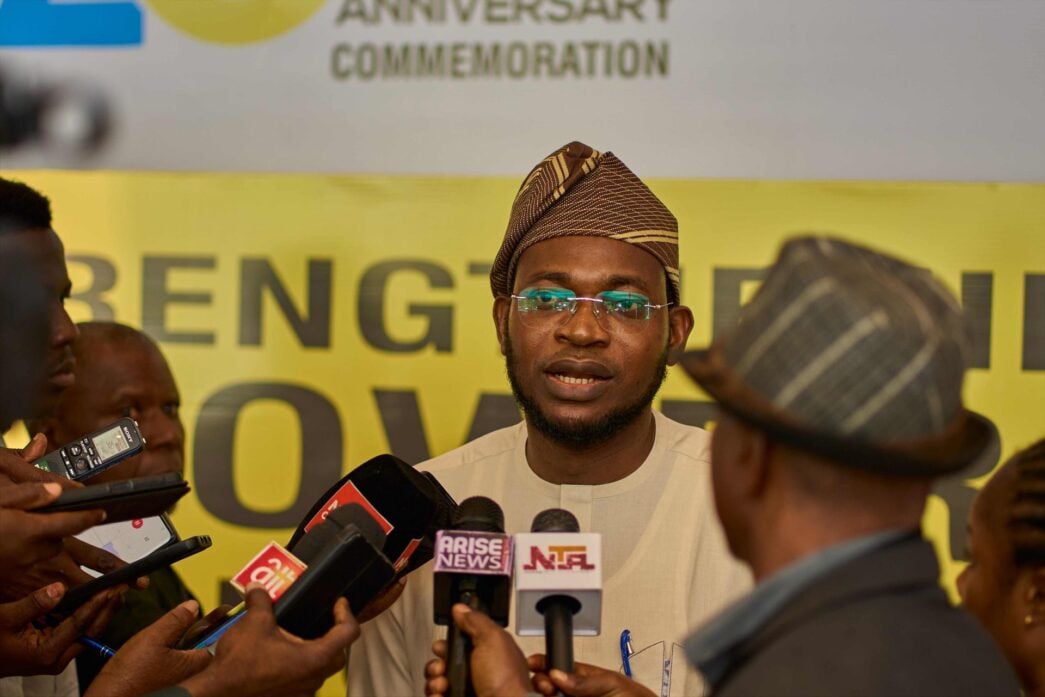
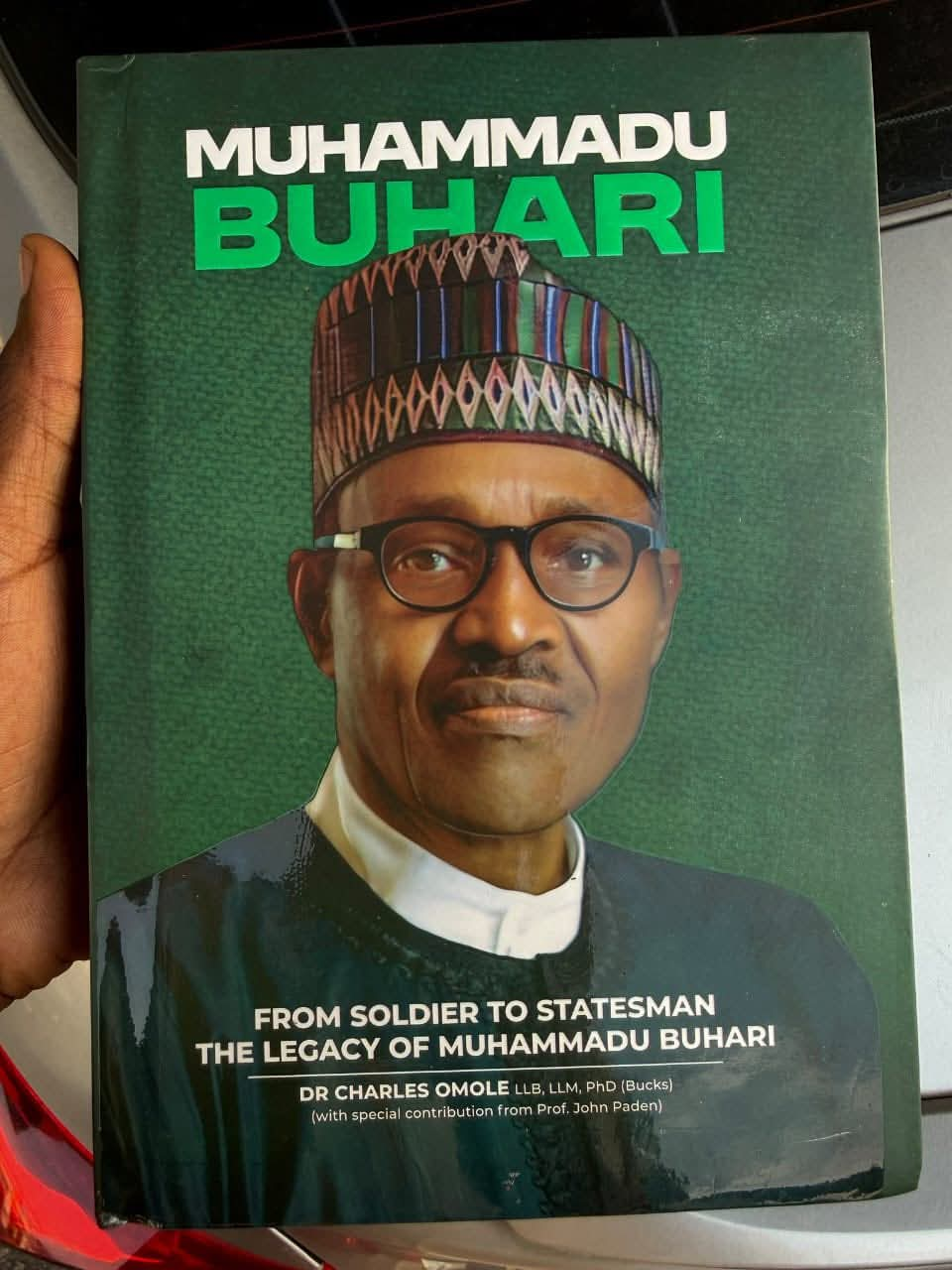

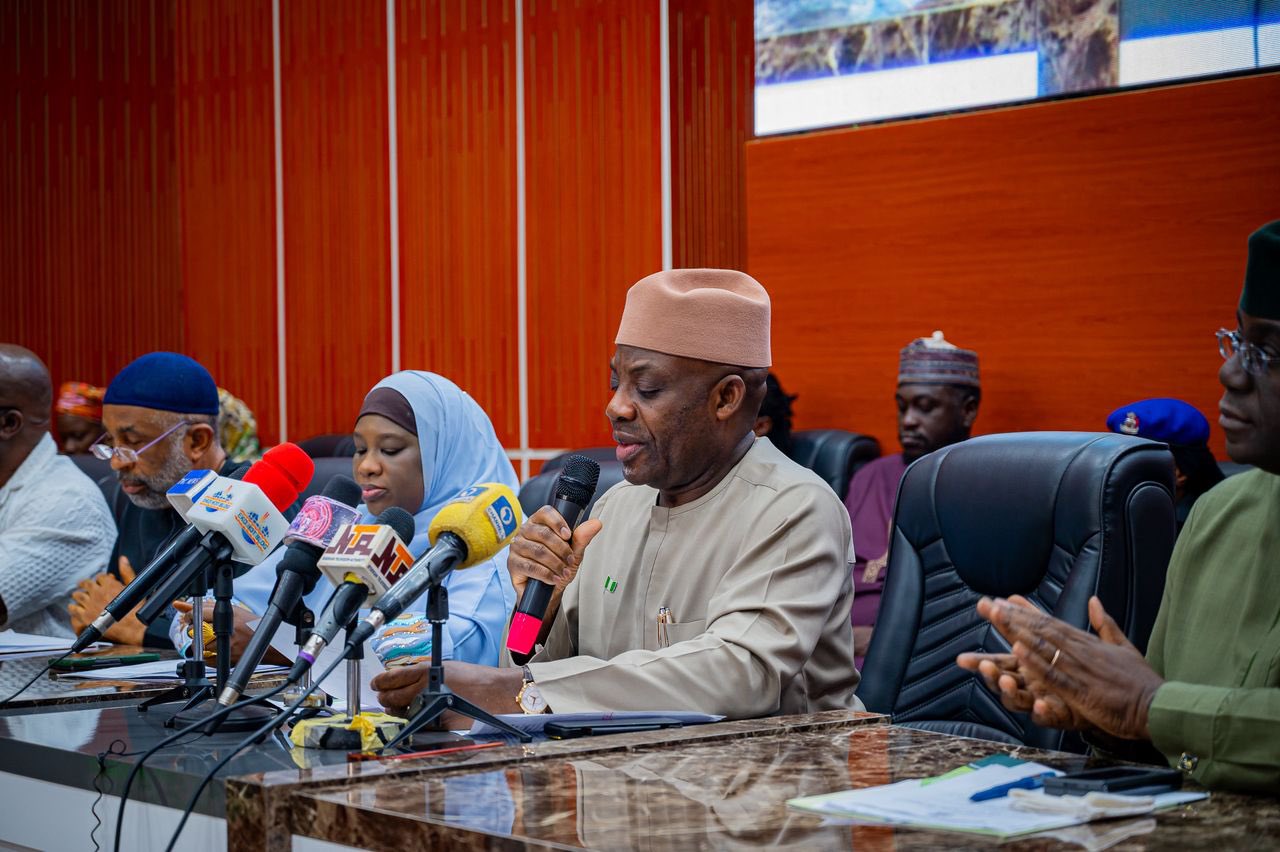

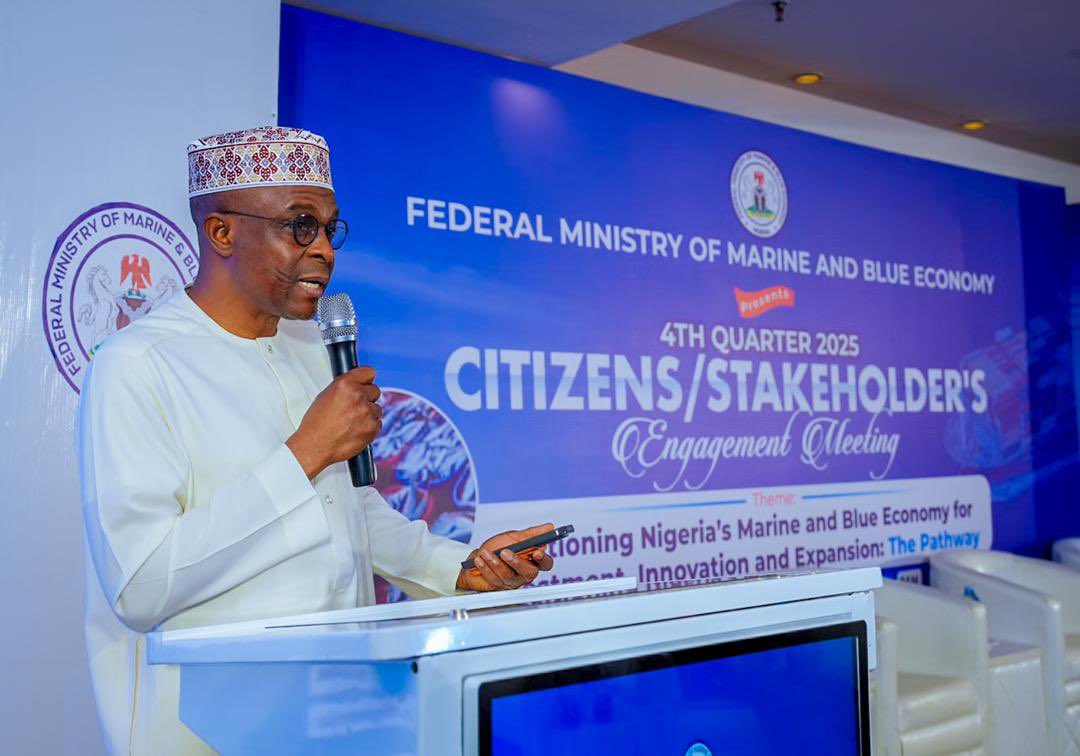
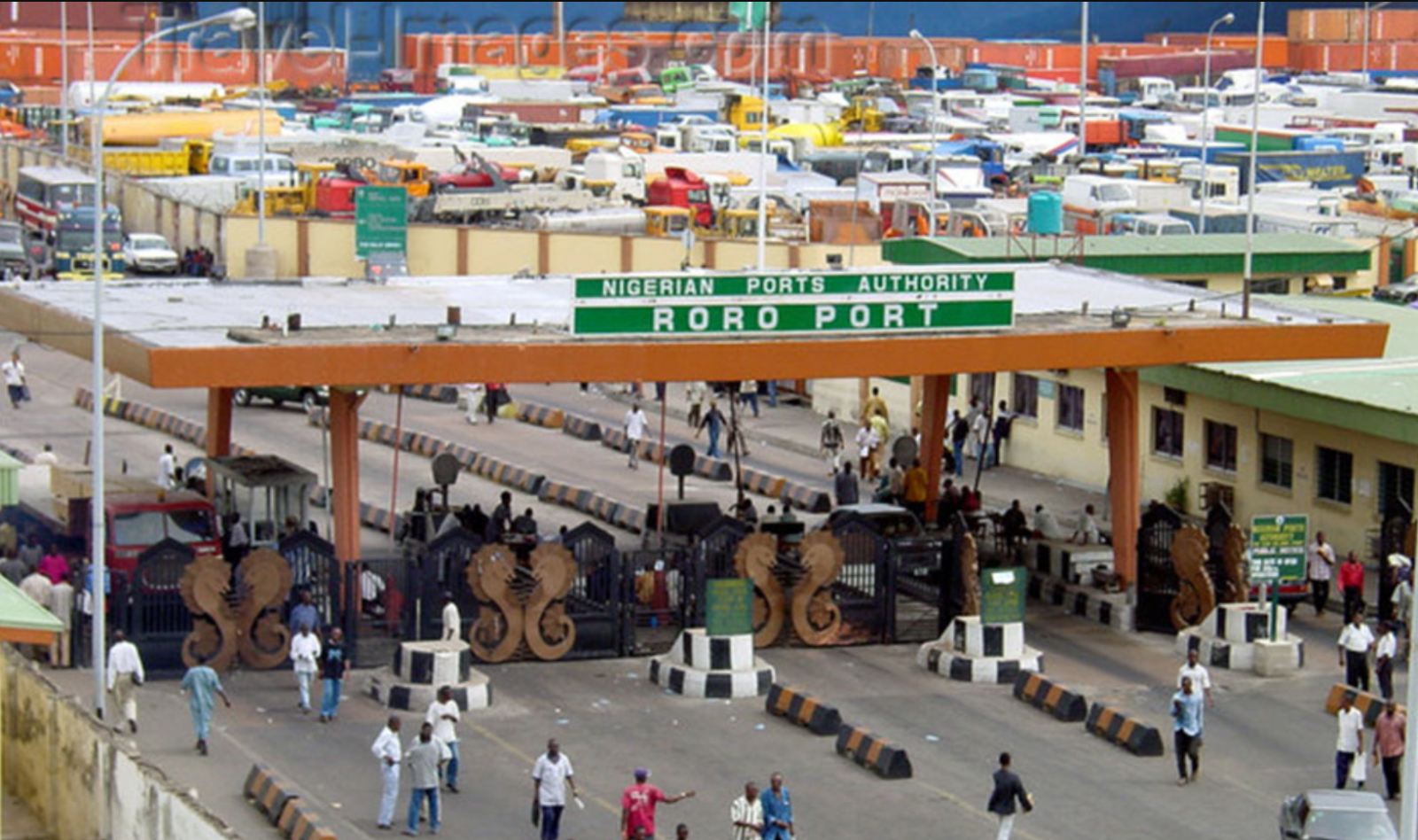
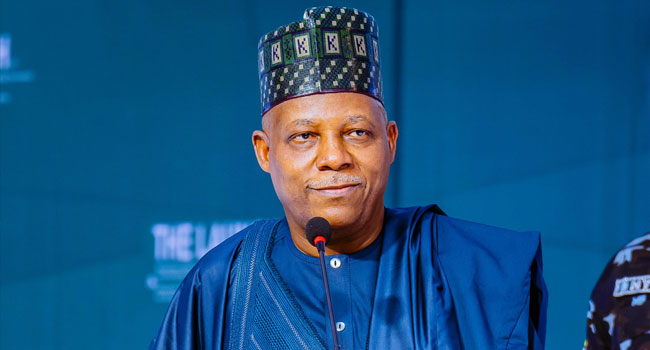
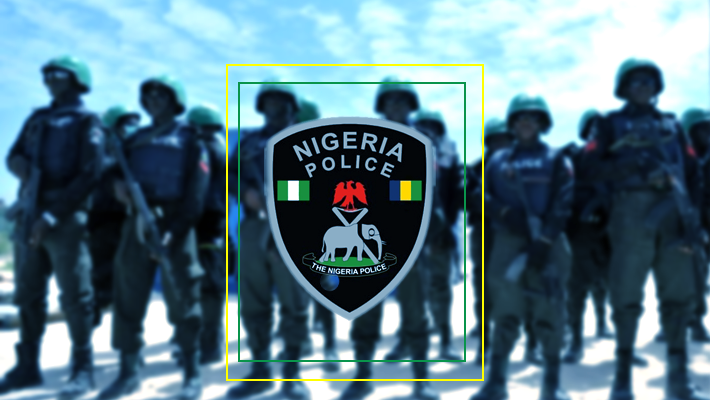
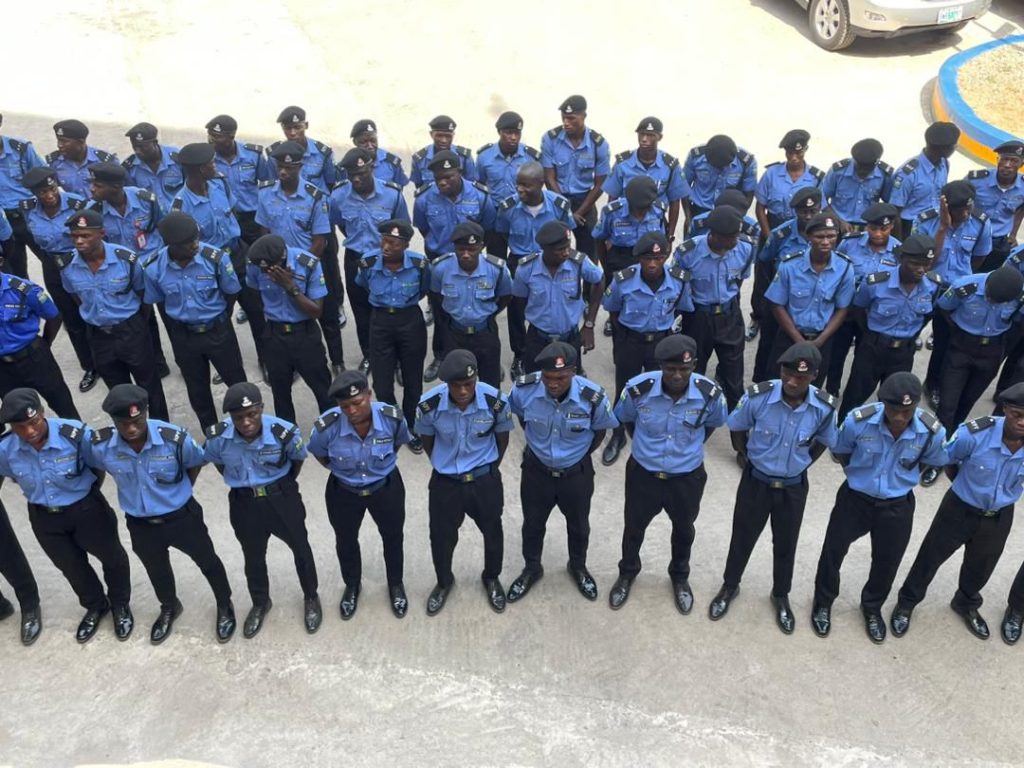

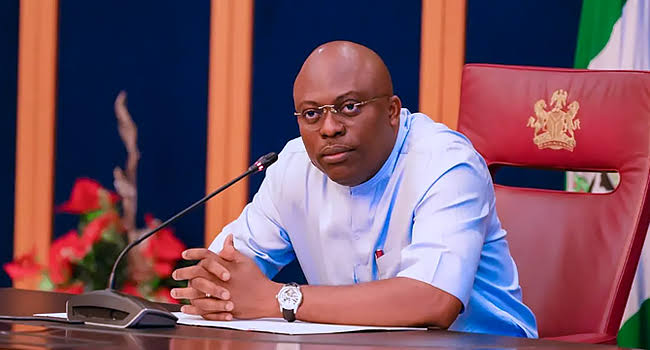

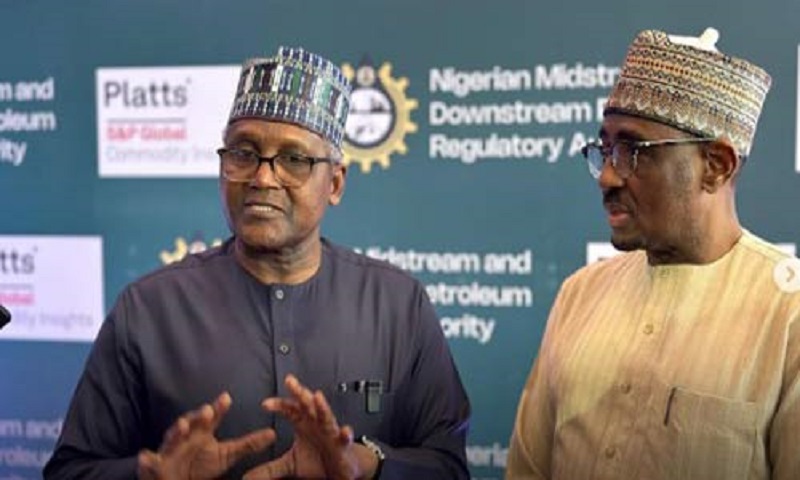
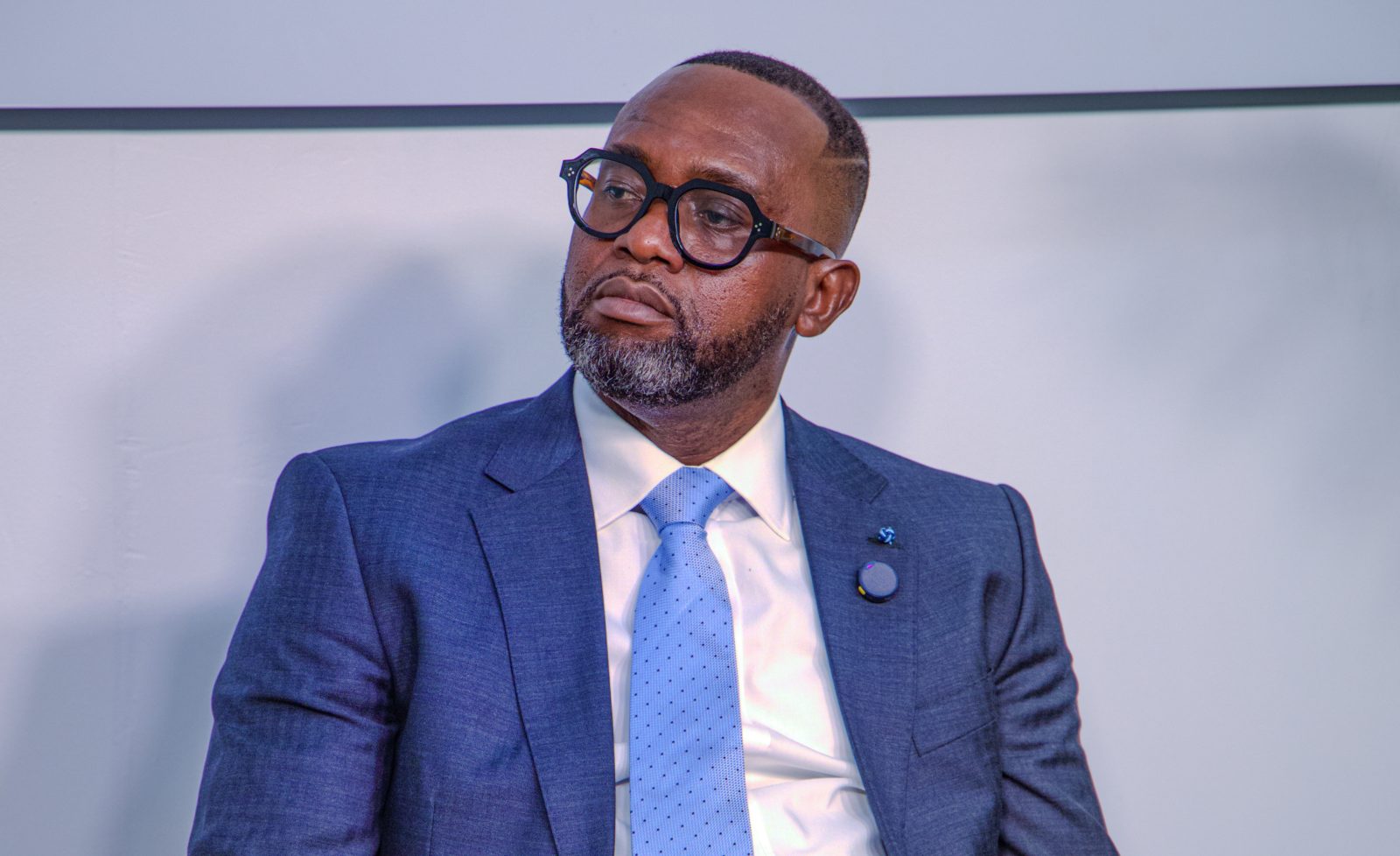
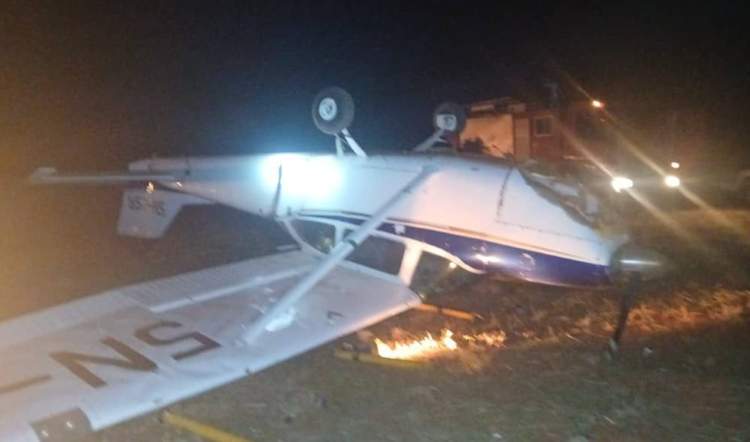


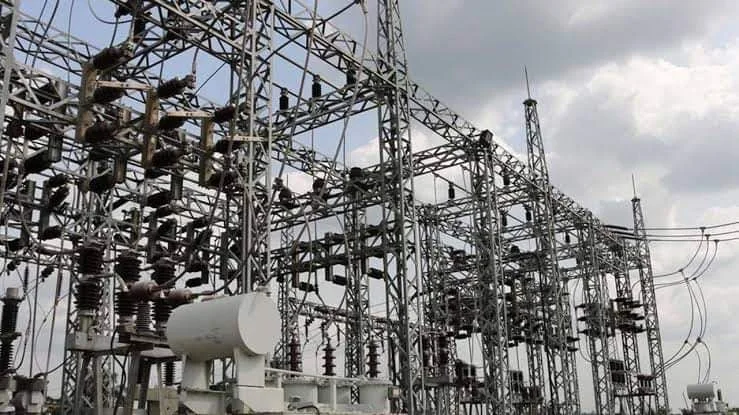

Leave a comment